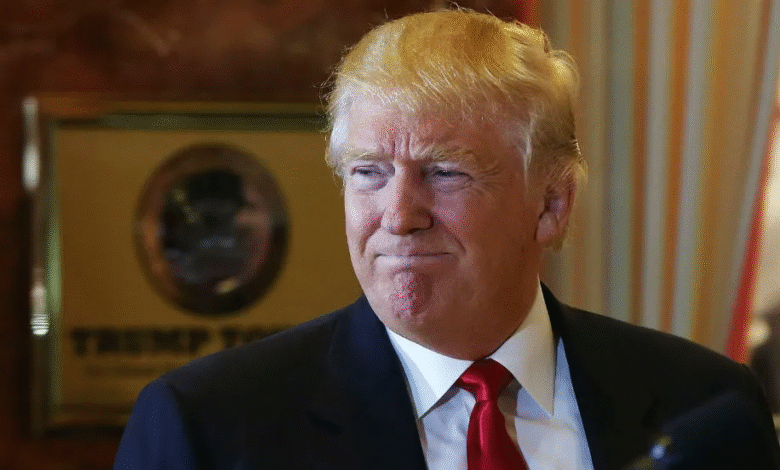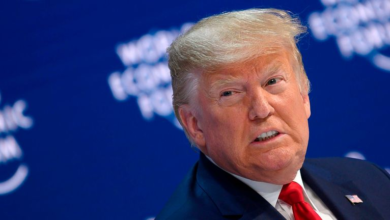
Donald Trump’s ambitious plan to save Argentina, with a massive $40 billion bailout, is facing relentless financial skepticism. This grandiose idea—a half-currency swap of $20 billion from the U.S. Treasury and another $20 billion in loans managed by major banks—quickly ran into the harsh reality: these institutions wouldn’t lend billions of dollars without solid collateral.
According to a detailed report in the Wall Street Journal, major banks like JPMorgan Chase, Bank of America, and Goldman Sachs are struggling to cope with the potential risks. They are being asked to repay half the loan, but are demanding tangible guarantees or federal support before committing.
This bailout is being proposed at Trump’s request and is aimed at propping up the struggling government of Argentine President Javier Milei. However, as the Wall Street Journal points out, “While banks typically organize such bailouts themselves, the Treasury Department controls the overall package, and banks believe they cannot proceed without support from Washington, according to some sources.” This support is not easy to obtain. The uncertainty weighing on banks is not surprising, given Argentina’s history. The country has been “cut off from international financial markets for years” and, even more worrying, has “already received 20 IMF bailouts since the 1950s.” This record makes lenders reluctant to enter what appears to be a bottomless pit.
The deal is far from finalized. The Wall Street Journal confirms that “the loan is not yet finalized and may not go through unless the bank guarantee issue is resolved,” it says.
Behind the banks’ hesitation lies a more subtle, but serious, threat to the U.S. Treasury itself. The currency swap component of the agreement calls for the Treasury to exchange $20 billion for roughly the same amount in Argentine pesos. However, these pesos are rapidly losing value.
Brad Setser, a former Treasury official under Obama, stated bluntly: “The risks involved in these transactions are extraordinarily high. If the peso depreciates, which many consider not only likely but inevitable, the Treasury will be left with impaired assets.”
In other words, if the Argentine currency collapses—as many predict—the U.S. government will lose a significant portion of that $20 billion. The risk is considerable, especially since the banks are reluctant to shoulder the burden as well.
Trump’s efforts to help the Macri government could fail unless Washington offers guarantees that satisfy Wall Street’s risk appetite. Until then, this $40 billion dream is in trouble.







